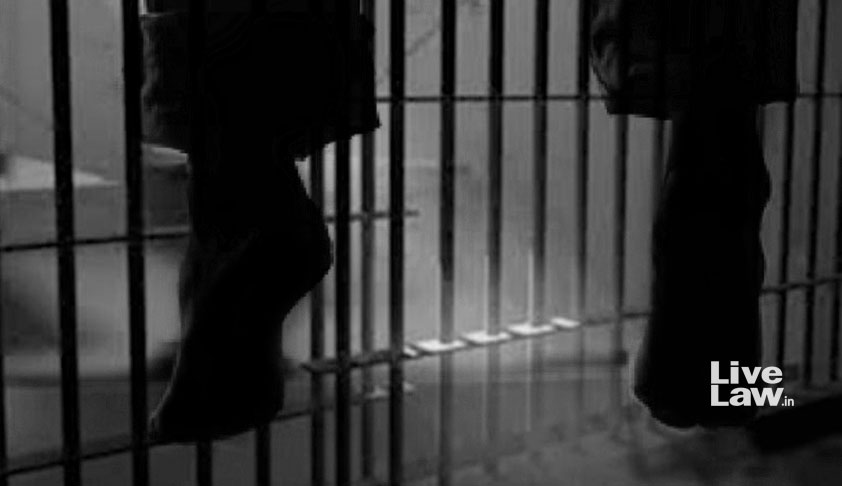Unnatural Deaths In Prisons: Amicus Curiae Suggests Measures To Reduce The Numbers
LIVELAW NEWS NETWORK
11 Aug 2017 10:10 AM IST

Next Story
11 Aug 2017 10:10 AM IST
The Supreme Court bench of Justices Madan B.Lokur and Deepak Gupta, on August 10, heard Amicus Curiae, Gaurav Agrawal and senior advocate, Colin Gonsalves suggest various measures to reduce unnatural deaths in prisons across the country.Agrawal began saying that the distinction between unnatural death and natural death in prisons is not clear, and that there is a mismatch between the...
